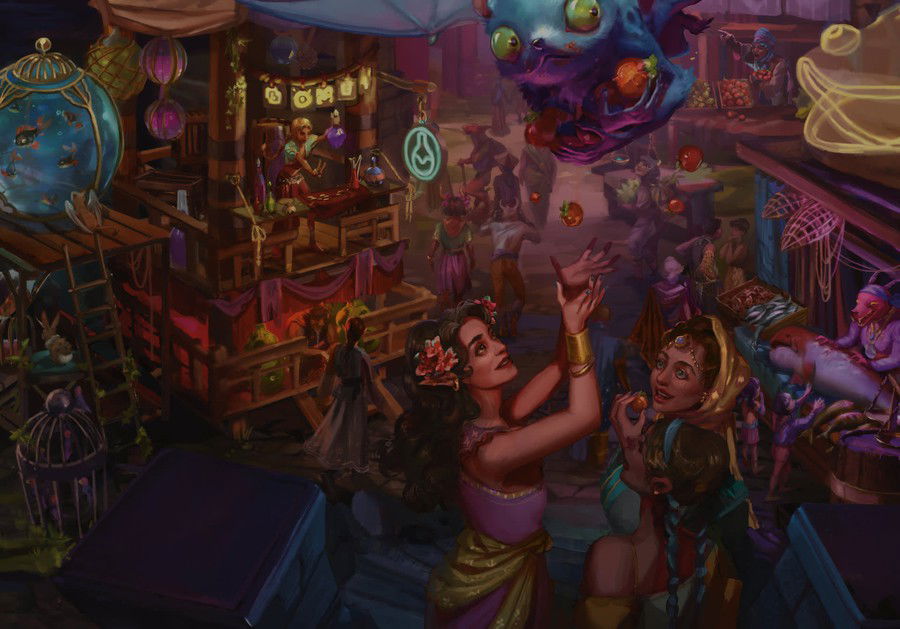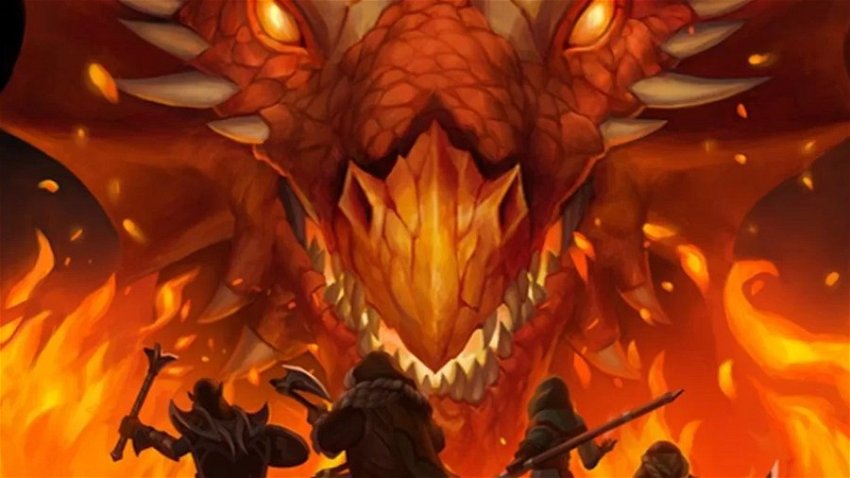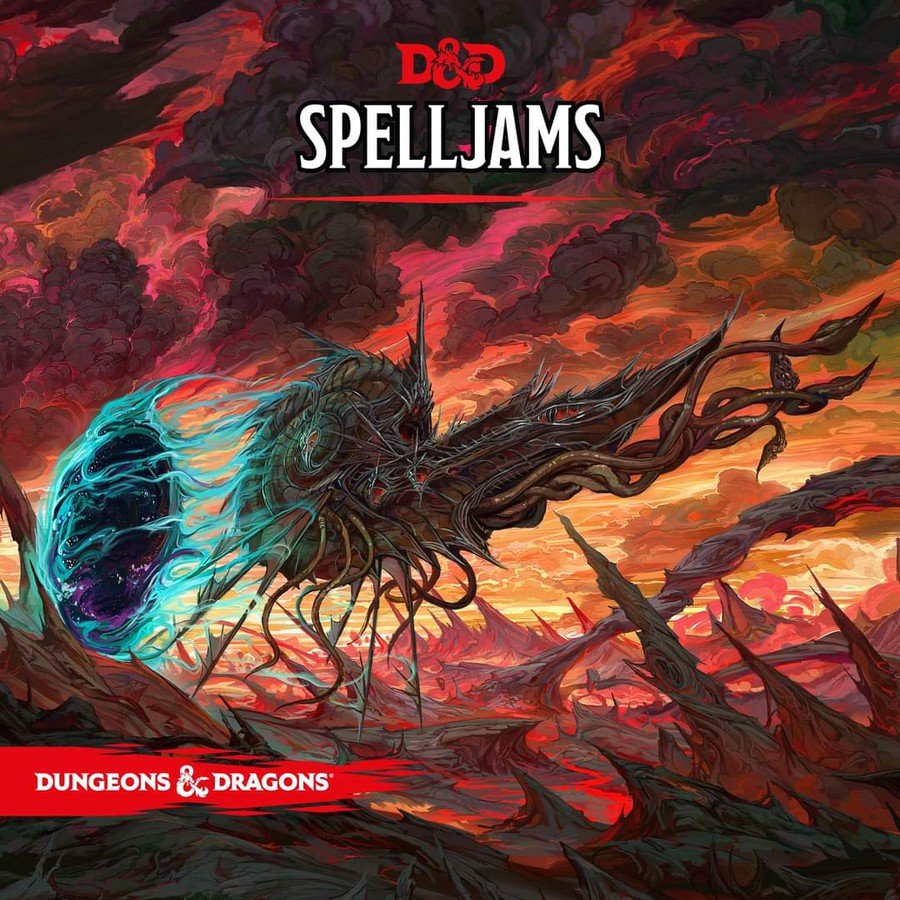Tabletop role-playing games have existed since 1974 with the release of Dungeons and Dragons. The medium has seen a resurgence of late, and many new variations of the tabletop RPG concept have sprung up in its wake. These RPGs take the player deep inside their imagination to experience fluid storytelling and gameplay. Unfortunately, not everyone is suited to the gameplay style at first.
It takes time to get used to something new, no matter how complicated the idea is. So, whether you want to play with cards or miniatures, here are a few ways that you can improve your RPG skills.
Start Slowly
Every RPG game is loaded with so many rules that it is enough to make your head spin at first glance. These layers of rules allow the player to have an immersive experience, but the level of commitment to learning all these rules can be daunting for newer players. Fortunately, you can use these layers to your advantage.
RPG rulebooks will go through the main rules in sections, so try and play through your first game one section at a time. This approach breaks up the rules package nicely, allowing you to still engage in what makes the RPG work while still having time to soak in all the rules. Also, it helps to provide clarity when you encounter new rules in the game rather than on the page.
Use Your Lack Of Experience As A Character Flaw
When playing a standard RPG, you adopt all the characteristics of the character you create. In other words, you have to role-play as someone else. The closer you feel to your character, the more authentic an experience you will have. Of course, learning how to roleplay on the tabletop is a skill that takes time to develop. However, you can take a shortcut in your first adventure.

A core part of character creation is developing flaws for your new persona. RPG characters need drawbacks, just like real humans, and naivety can work nicely in this situation. Try and implement your own unsureness into your first character so that you have an in-game justification for not understanding certain principles or rules. It helps the more experienced players at the table continue to be immersed, while also giving you a nice little character journey during your first campaign.
Play Other Types Of Games
The keys to understanding how an RPG works are just as important as understanding how they do not. Games come in several genres, and by fleshing out your knowledge of different systems, you can gain a better grasp of how rules set usually work.
This theory does not just refer to the tabletop genre either. You can sharpen your game senses by playing online video games, board games, or by visiting https://www.onlinecasinos.co.uk/blog/best-blackjack-sites.htm. An RPG requires you to think on your feet, and what better way to learn this than by getting involved in a variety of different scenarios.
Ignore What You Think You Know
A common problem among new RPG players is that they already believe they understand certain rules systems. Tabletop games have been portrayed in both film and T.V shows to varying degrees of accuracy, which means that your first exposure to tabletop RPGs is likely to be distorted.
This fact shouldn’t stop you from playing, you just have to be careful about what you use as a reference guide to the game. The easiest way to overcome this issue is by remembering the following phrase: If something does not exist in the rulebook, then it does not exist at all.
Don’t Take Things In The Game Personally
Almost every tabletop RPG is a group game. This means that you are likely to be working alongside your friends toward the same goal. However, some people may forget this notion when they are roleplaying as someone else.
Roleplaying is all good fun, and experienced players will know when to tell the difference between a character being rude and the player’s true intentions coming through. Unfortunately, this ambiguity can make some new players feel uncomfortable. It takes time to pick up on the subtle differences in character tone and action, but you can always ask your fellow players if you are unsure. It is a group game, after all, so everyone wants to make sure that you are all having a good time.
Come Prepared
A standard RPG requires you to learn a huge set of rules, but it may also require you to invest in some equipment. The most common equipment in RPG games is a set of dice. Make sure you research the types of dice that your system uses so that you aren’t having to break other party members’ immersion by constantly asking to borrow some. You will also need to come stocked up with stationary. A simple pencil and eraser will get you far, but remember, this is an RPG where anything can happen. Try and bring a pencil case full of useful schoolwork items just in case.
Some RPGs require the use of cards too. In these instances, the starter set should provide you with everything you need to play.
Stay Open Minded

There are many elements that go into a sprawling tabletop RPG, especially one that has been around since the 70s like Dungeons and Dragons. As a result, there are going to be parts of the game that you enjoy more than others. There may even be factors that you downright dislike.
In either case, you should always remain open-minded until you feel that you gained the full picture of what an RPG entails. You may spend your first session bartering with a local trader and find it tedious, but you don’t want to throw in the towel before you get to some exciting combat. Be patient and wait for a few games before deciding whether an RPG is suited to your tastes.
Conclusion
Tabletop RPGs are always going to be around, so there is no rush when it comes to learning the rules. Just make sure you enjoy yourself and you should see a natural improvement in your RPG skills.












— Comentários 0
, Reações 1
Seja o primeiro a comentar